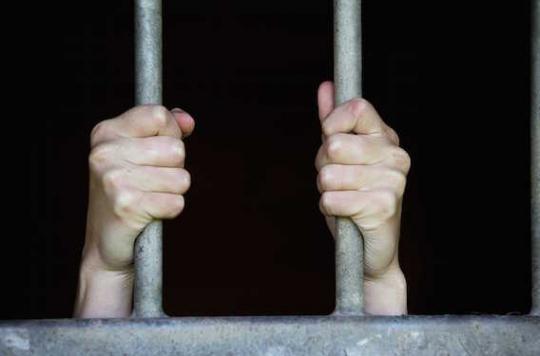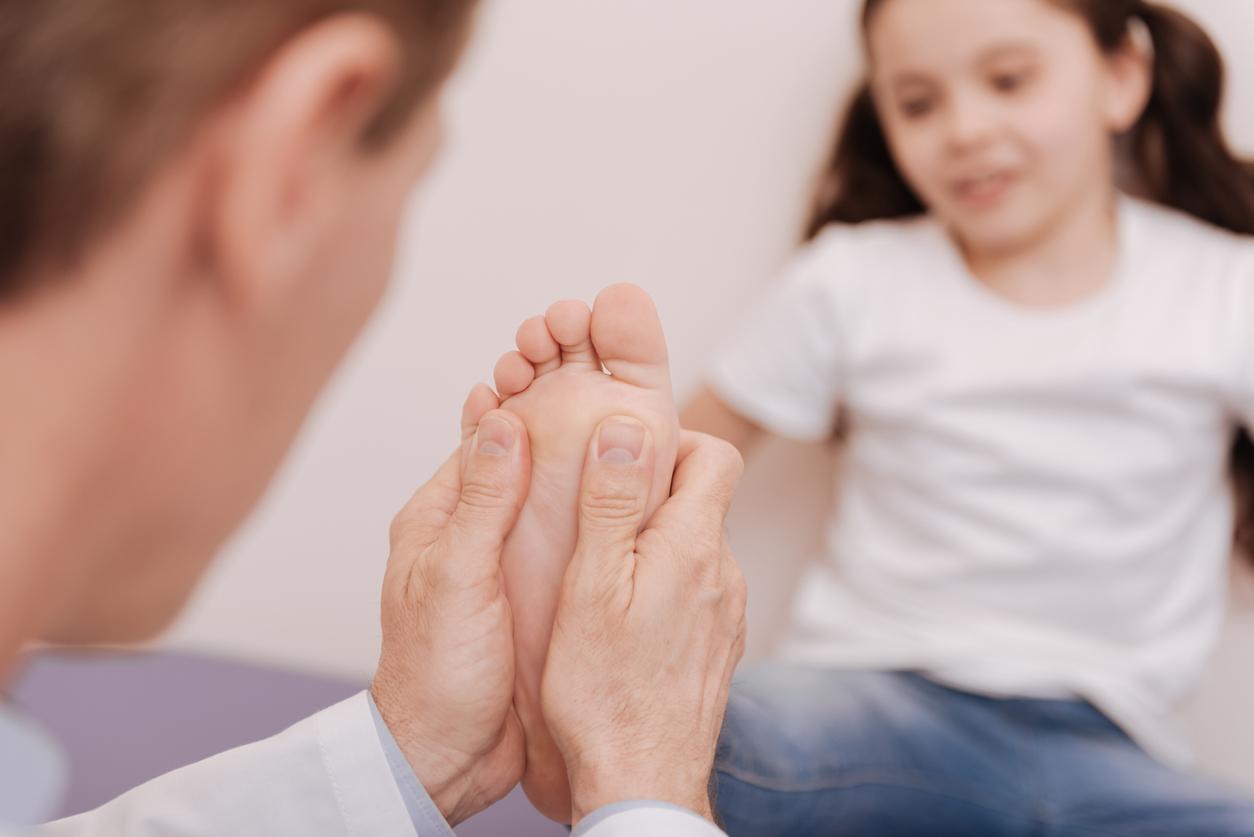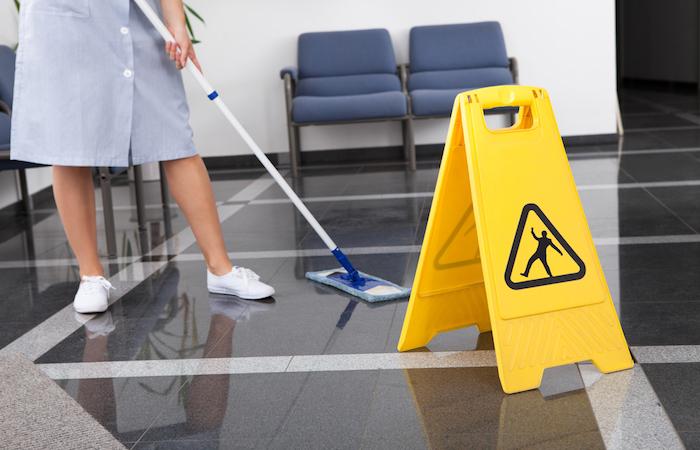On the occasion of a European visit to French prisons, the OIP warns of inhumane conditions of imprisonment.

It is said that we measure the degree of civilization of a society by the way it treats its prisoners. As such, France, the homeland of human rights, may have a few questions to ask. The Committee for the Prevention of Torture (CPT), an offshoot of the Council of Europe, has just completed its visit to the territory. For two weeks, its members inspected places of detention in the country to assess the treatment of people deprived of their liberty.
Sleep on the floor, for lack of space
And there is nothing to strut about. The previous CPT report already warned of certain abuses in the penitentiary system, after a visit to French prisons dated 2010. Five years later and on the occasion of this new visit, the International Prison Observatory returns to the issues that undermine the prison system. In his report, the OIP returns to the well-known theme of prison overcrowding, which has exploded since the last visit of CPT France. A reality which is illustrated in a very concrete way: “The number of detainees forced to sleep on a mattress on the floor has multiplied by five (1006 on January 1, 2015 against 204 in 2011)”.
The prison population has increased by 9.5% in five years, observe the rapporteurs. The situation is particularly worrying in the (neighborhoods) remand centers, which concentrate nearly two-thirds of the prison population. “The prison density there reaches 137% on average. With peaks of over 200%, or even 300% in some establishments ”.
In this context, the principle of individual cells, which should have been strictly designed and implemented at the end of 2014, was again postponed and fixed at the end of 2019. The OIP denounces this new moratorium, so that “the Government and the Parliament have admitted that the failure to respect this right has disastrous consequences, both in terms of the dignity of persons and in terms of the meaning of deprivation of liberty (…): forced cohabitation in cramped spaces, worsening of tensions and violence, psychological deterioration, permanent state of stress, feeling of persecution… ”
Risk of fire and electric shock
“Degrading” living conditions have been denounced on several occasions by the OIP and the Controller General of Places of Deprivation of Liberty (CGLPL). The Baumettes prison in Marseille thus made the headlines, with its “rats, cockroaches and other pests that abound”, its “floors strewn with rubbish”, its “dirty and defective shower rooms”, its ” cells without a privacy partition for the toilets, or even lighting or access to drinking water ”…
Beyond these gloomy living conditions, the OIP and the CGLPL observed serious failures in the electrical system, with a significant risk of fires and electrocution. To date, notes the OIP, the work has not been carried out, despite the summons from the courts. The same observation applies in other detention centers examined by the rapporteurs (in Martinique and Nîmes, in particular). These centers are in a situation of illegality because of the vital dangers they pose to the detainees.
8 months to talk to a shrink
The rapporteurs also looked at the provision of care in prisons. There too, stagnation seems to triumph since the findings are the same as in 2010. Many positions, however budgeted, are not filled. Result: “in some establishments, the under-staffing of health personnel is particularly glaring”.
The OIP cites the example of the Meaux-Chauconin penitentiary center, “where it takes eight months to start a regular follow-up with a psychologist, seven weeks to obtain dental care, fifteen days for a consultation in psychiatry, and up to seven days for general medicine ”.
Another rather aberrant example: “At the Nîmes remand center, you have to wait six months for a first interview with a psychologist, while the average time spent in this prison is four months”.
Suicide prevention: a failure
Another point alerts the OIP, concerning the French suicide prevention policy, which is unable to achieve its objectives. This policy, which should be implemented by the Ministry of Health, remains managed by the prison administration. Quite logically, it is “focused mainly on preventing the act of taking action rather than on the development of prevention and improving the care of people at risk of suicide and their entourage”, note the authors of the report. report.
Since the plan to fight against suicide in prison put in place in 2009, some flagship measures have emerged: “reinforced surveillance” (increased number of rounds of checks in cells, especially at night), the “protection grant of emergency ”(removal of personal effects that could be used for the suicide act) and placement in“ emergency protection cell ”.
“These measures, which are the responsibility of school leaders, are widely criticized by caregivers who denounce an approach far removed from that of public health and which only aggravates precarious mental states”, specifies the OIP, who denounces the attitude of the administration, which communicates on the decrease in the number of suicides in detention (115 in 2009, 93 in 2014), while ignoring the number of recorded attempts or acts of self-harm. “In addition, no study on suffering in prison, its factors and the way to respond to it has been conducted,” further deplores the authority.
.















